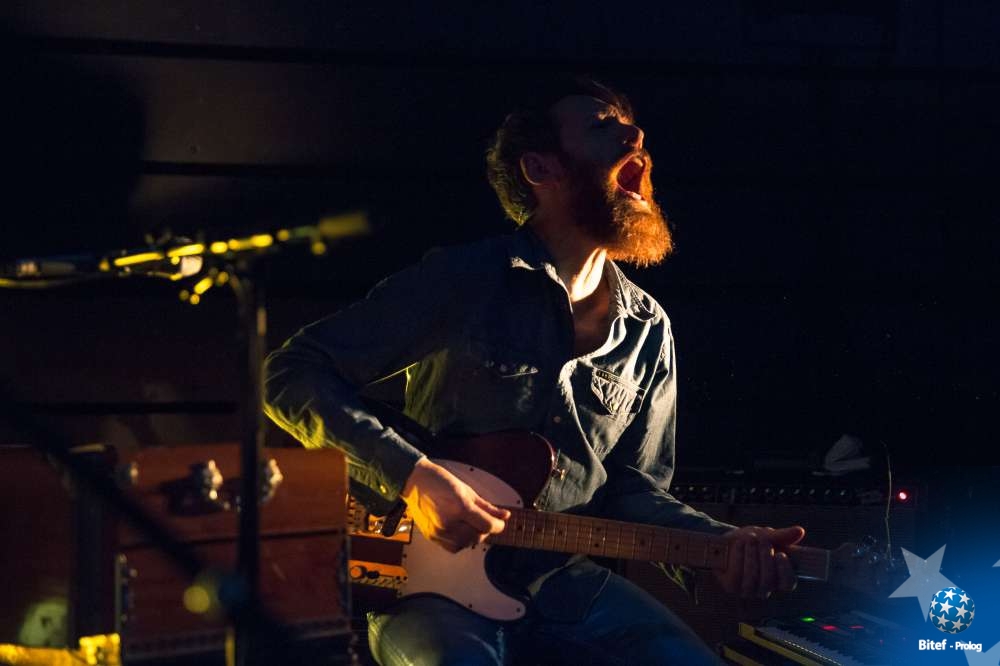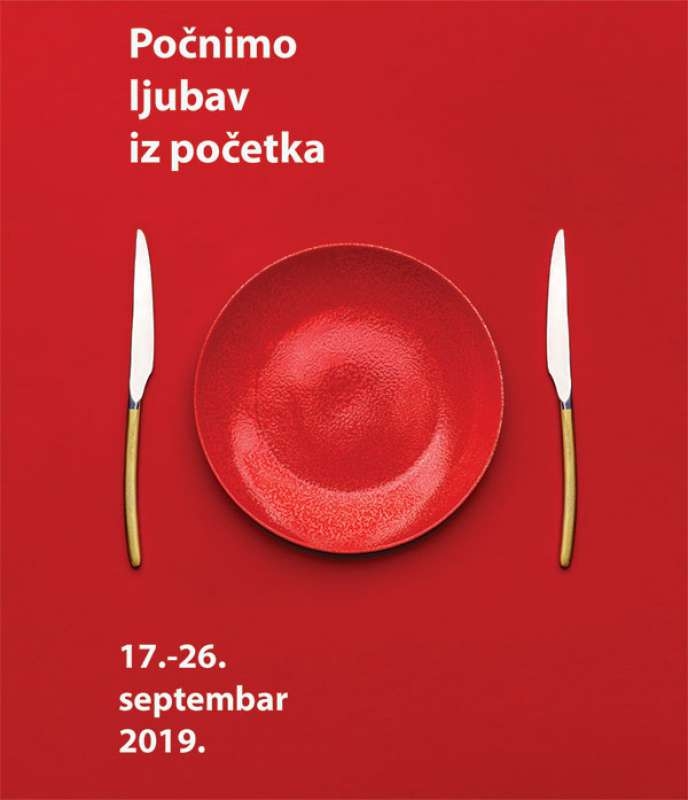- The Invited is based on dance and it reflects the structures of society. What inspired you to think of possibilities of dance as a language and its influence in shaping society and relationships?
To answer this question, I’ll have to go back to the time when I was 16. I took part in a school dance project in which the choreographer mixed students and teachers. That was the first time I got the chance to see my teachers from another angle because, in the classroom, they are usually somehow above, and here, everybody was equal. It revealed some new aspects of our relationship. That was the beginning of my work and the beginning of the idea of mixing people of various ages and of various backgrounds. Everyone has a different quality and I mix those qualities to create a new language, and I think that’s important. You can do it in other arts, too, but dance is my language and you can express a lot through it without words.
Also, I like keeping those differences. It’s not about finding a solution but about establishing an interaction with the different. I‘m not trying to change people, on the contrary, they should stay who they are, but it’s important to let them try to establish communication with the other and the different. When you link those two impulses it creates a new impulse, and I find it very interesting. It can be accomplished in everyday life, too. For example, you have an old person who is very lonely, but if a student comes to live in the same apartment, then things change. They both discover something new.
- Does meeting a different audience and performing Invited in different settings change the initial essence of the performance or is there a sort of flexible structure that reaches its goal each time?
When we play in a city, people who live in it meet at the performance for the first time. I’d like people of Belgrade to meet each other in a new, different way. It’s a way to practice community, they should ask themselves what the community means. I see it as my task to create a new community in 70min. All of that creates Invited.
- How do you define immersive theatre, and would it be possible to assume that the audience in Invited is actually invited to share the authorship of the performance?
This project represents a structure created through joint effort. We don’t do rehearsals with the audience, we create interactions in a moment. At the beginning, you just sit and watch. Invited is about communication and in my opinion, watching also represents a form of communication. Standing or running together is also communication. When you create a step-by-step interaction, people start feeling responsible for the result. I give them elements, the tools, but they reach the decision. In Invited, there is a balance between those two things - how to feel comfortable and how to take risks. From that mix, a new language is born, a new cooperation which lets you learn from each other.
The structure does exist, but it is very open, and each performance is different. At the beginning, we sing in the dark. You can hear voices, but you don’t know if it is the performers or the people in the audience. First, it’s just the performers but then everyone gets involved. That’s Invited: we set things in motion and then leave it to the audience. That’s why every performance is different, I think. We have a structure, we know what we’re doing, but there are many possibilities, and it depends on the audience. Sometimes, people take big risks, sometimes they don’t. And, what I have noticed is that it doesn’t depend on the city or on the country, but on the moment itself. Sometimes, you have one person who takes risks and then others say, “aha, look, let’s do the same”. If you see others take the risk, you’ll do it too. The performers are a catalyst, they just set things in motion. Last week we played it in Germany and there was a mentally disabled girl who was constantly on stage, she enjoyed communicating with the performers.
- When did the process of preparing Invited start for the authors and the performers and how did you decide about who is taking part in the group?
Invited premiered in February 2018. The process of preparation lasted for 60 days, on weekends and holidays, because it’s a mixed group, there are kids who go to school and you cannot work every day. Before that, I did research for one year in different cities, not only in Brussels. In the research, there were two main questions: what this co-authorship represents, and how we can reuse the theatrical space. Then I started a weekly atelier in the neighbourhood. Every Saturday, we open the doors for the neighbourhood. It’s a very accessible workshop: you don’t have to pay, you can come later, you can come only once, it’s open for all ages and all backgrounds. And then I invited the cast of the Invited to this workshop and they got into dialogue. I never did auditions, but I knew them all from the workshop. I worked with them for one year and then I decided to assemble a group of different people, so I chose 12 people of different age and different background. I didn’t choose technically skilled performers - what I cared for was how people behaved in a group, how they made contact with someone they didn’t know, with an audience, if they can start processes with other people and how. Those were the qualities I was looking for.
- On the official web page of Ultima Vez, there is always an open invitation for workshops and company classes. Who could become part of Ultima Vez and would it be possible that someone at BITEF falls in love with Ultima Vez and joins you?
Ultima Vez is a company created 30 years ago. We do organize workshops, yes, but we don’t advertise on the website, we like the local part of it, so we rely on word-of-mouth advertising. People bring other people, it’s focused on the neighbourhood. If we made it more publicly known, we would have many people from the outside, and I like this community from the neighbourhood. I think it’s important to give a chance to people who don’t have an access to the theatre. It’s important to open things for them.
- The founder of Ultima Vez company, Wim Vandekeybus was an artistic consultant on Invited as well. How would you describe the collaboration?
He’s an artistic coach. He has a lot of experience, he has made a lot of theatre performances and films. He has also worked with different ages, and with children. For Invited, I think that he feels related to this project.
- The tour of Invited started in 2018 and has been mostly performed in Europe (Belgium, Portugal, Germany, The Netherlands, France, the Czech Republic) so far. How would you describe responses of the audience and were there any different reflections of any society or any specific differences in response that you noticed?
I think this is a universal project which doesn’t depend on who comes from where but how audience connects between themselves. For example, we played at a festival for teenagers in Berlin. They first worked together for a week, they got to know each other, they cooperated and then at the end of that week they played Invited. After that, everyone cried, and I think that’s because lot of things happened, they connected, there was a sense of community between them.
- After the success of Tornar in 2015 and Invited that BITEF audience will have a chance to experience on the final day of the festival - what are the next steps after Invited in your carrier and where do your interests go?
I’m currently conducting a research for the next performance which will be called Birds. In Invited, I invite the world into the theatre, but since I think that there’s a world outside of the theatre too, in Birds I will take theatre out into the world. We will do something in public space. It will be a mix of performers, musicians and the audience, but also accidental audience, people who happened to be there, and passersby. We will use everyday life as the base for the creation of our performance. The most important thing is to bring theatre to people because I think there are many people who don’t have an access to theatre. We usually work at train stations because there are many people and it’s a place of democracy. In Dusseldorf, there were many homeless people and three days later, a homeless woman asked me if she could join us. I said, “of course!” and, in my opinion, that is the point - to open theatre for everyone.

